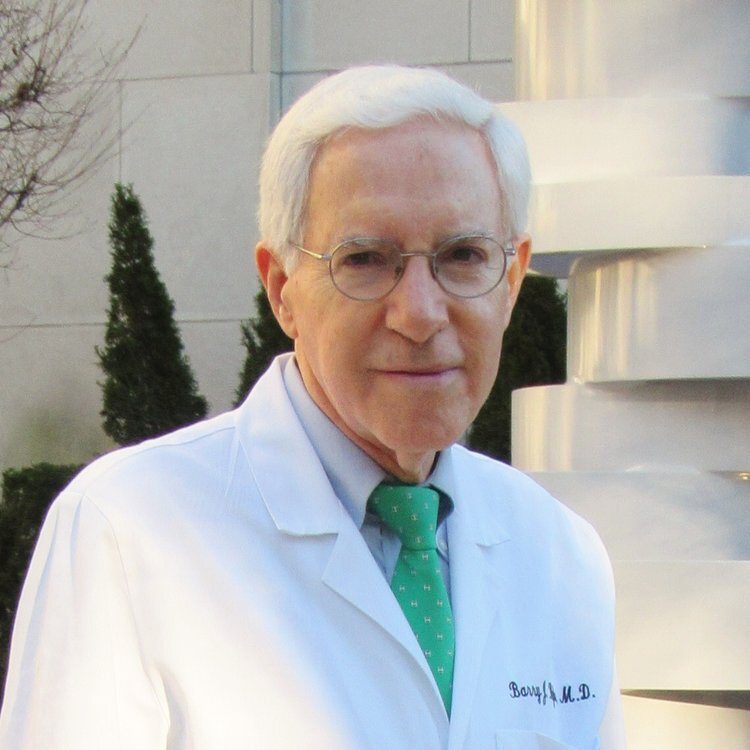Best Endocrinologist in Austin: Premier Hormone Health Care in the Funding
Wiki Article
Navigating the Complexities of Thyroid Disorders With an Endocrinologist
In this short article, we will discover the significance of seeking expert assistance from an endocrinologist when dealing with thyroid problems. We will certainly dive into the understanding of various thyroid disorders, the significance of exact diagnosis, and the readily available treatment alternatives. Additionally, we will review the continuous monitoring and assistance required for people with thyroid disorders.Understanding Thyroid Conditions
Thyroid problems can be much better comprehended with assistance from an endocrinologist. Hypothyroidism, for example, takes place when the thyroid does not produce sufficient hormonal agents, resulting in signs and symptoms such as fatigue, weight gain, and depression.Understanding thyroid conditions requires a comprehensive assessment of a person's case history, health examination, and lab examinations. This is where the proficiency of an endocrinologist ends up being vital. Endocrinologists specialize in the medical diagnosis and therapy of hormonal disorders, including thyroid problems. They have the expertise and experience to properly interpret laboratory outcomes, determine the underlying reason of the disorder, and recommend ideal treatment alternatives.
Additionally, endocrinologists know with the most up to date advancements in thyroid study, which enables them to give the most reliable and current treatment approaches. Best endocrinologist in austin. They can prescribe medicine to manage hormone levels, recommend lifestyle alterations, and deal assistance on handling signs. In more intricate instances, they might team up with other specialists to make sure extensive treatment

Value of an Endocrinologist
An endocrinologist plays an essential function in the diagnosis and management of thyroid conditions, providing customized expertise and knowledge in hormone disorders. With their substantial training in the endocrine system, these clinical specialists are distinctly certified to deal with and evaluate thyroid problems.One of the key reasons an endocrinologist is very important in the administration of thyroid conditions is their ability to properly detect the problem. Thyroid disorders can be complicated, with signs and symptoms that may overlap with various other clinical problems. An endocrinologist has the knowledge to perform a thorough evaluation, consisting of a detailed clinical background, physical assessment, and specialized examinations to precisely diagnose the certain thyroid disorder.
Furthermore, an endocrinologist is outfitted to create a tailored treatment plan for each individual patient. They consider factors such as the kind and seriousness of the thyroid problem, the patient's total health and wellness, and their choices. This customized technique makes certain that the therapy strategy is enhanced for the person's details needs, resulting in better end results.
Along with diagnosis and treatment, an endocrinologist likewise plays a crucial role in long-lasting management of thyroid problems. They check the client's thyroid hormone degrees, change medication does if required, and give ongoing support and education and learning to assist people efficiently handle their problem.
Diagnosing Thyroid Conditions
The endocrinologist's experience encompasses accurately diagnosing thyroid conditions through a comprehensive evaluation, consisting of a comprehensive medical background, health examination, and specialized examinations (Texas endocrinology). This strategy permits the endocrinologist to gather essential information concerning the individual's signs and symptoms, clinical history, and household history, which can give useful understandings into the possible reasons for the thyroid disorderDuring the health examination, the endocrinologist will very carefully analyze the individual's neck for any indicators of swelling or abnormality in the thyroid gland. They may also look for various other physical indicators, such as adjustments in hair appearance, skin dryness, or sticking out eyes, which can be indicative of thyroid disorders.
Along with the case history and health examination, the endocrinologist may purchase specialized tests to further review the function of the thyroid gland. These examinations may include blood examinations to determine the degrees of thyroid hormonal agents, thyroid-stimulating hormone (TSH), and antibodies that may be linked with autoimmune thyroid disorders. Imaging examinations, such as ultrasound or nuclear medicine scans, may additionally be executed to assess the dimension, form, and framework of the thyroid gland.
Treatment Alternatives and Monitoring
The choice of treatment depends on the particular type and seriousness of the thyroid disorder, as well as private patient variables. In instances of hypothyroidism, where the thyroid gland does not create adequate thyroid hormonal agents, the most common treatment is hormone replacement treatment.For hyperthyroidism, where the thyroid gland creates excessive quantities of thyroid hormonal agents, treatment choices consist of medicines, radioactive iodine therapy, or surgical procedure. Drugs, such as beta blockers, can be recommended to take care of symptoms and lower the manufacturing of thyroid hormonal agents. Contaminated iodine treatment entails taking a radioactive compound that is precisely absorbed by the overactive thyroid cells, destroying them. Surgical treatment might be advised in particular instances, such as when there are blemishes or growths present in the thyroid gland.
In addition to these conventional treatments, there are also different treatments that some individuals may consider, such as natural supplements, acupuncture, or nutritional modifications. Nonetheless, it is important to keep in mind that these alternative treatments need to be reviewed with an endocrinologist to guarantee they are secure and efficient.
Long-Term Treatment and Support
Long-term care and support for individuals with thyroid conditions involves ongoing monitoring and tailored therapy prepares given by an endocrinologist. After an initial diagnosis and therapy, it is important for individuals to proceed getting regular follow-up like ensure that their thyroid function remains steady which any possible problems are identified and dealt with immediately.
Regular Endocrinologist in georgetown tracking of thyroid hormone levels through blood examinations enables the endocrinologist to evaluate the efficiency of the therapy plan and make any kind of required adjustments. This close monitoring likewise enables the early discovery of any type of adjustments in thyroid feature and the identification of possible relapses or issues, such as the advancement of blemishes or the development of thyroid cancer. Depending on the specific requirements of the person, surveillance might take place every few months or on a yearly basis.

Final Thought
With their understanding and experience, endocrinologists can provide long-lasting treatment and support to individuals with thyroid problems. By seeking the assistance of an endocrinologist, patients can obtain the needed treatment and management to successfully browse their thyroid disorder. Endocrinologist in leander.
Report this wiki page